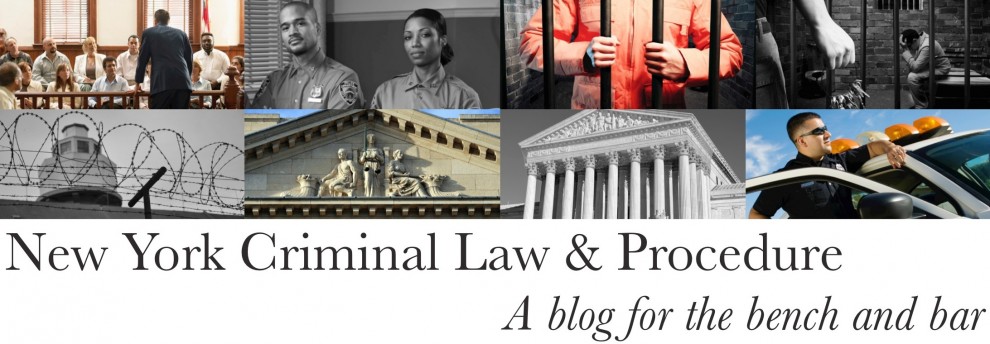In People v. Palmer (App. Term 2d Dept. 4/4/2019) and a similar case, People v. Lobato, the Second Appellate Term held that a trial court’s failure to make a record of the Parker factors before proceeding to trial in absentia constituted reversible error. Both cases arose from the Justice Court of the Town of Greenburgh in Westchester County. The Town Attorney did not file briefs in the cases.
In Palmer, the defendant was charged with driving to the left of pavement markings and failure to signal. After pleading not guilty and demanding trial, the defendant signed a Parker admonishment which informed her, among other things, that if she failed to appear in court, the trial would proceed in her absence. Seven months later on the date of trial, the defendant failed to appear and the trial proceeded in her absence. She was convicted and the court imposed sentence.
Similarly, in Lobato, Defendant was charged with failing to obey a traffic-control device. In February 2017, the defendant signed a Parker admonishment and the matter was adjourned to October 2017 for trial. On that date, when the defendant failed to appear, the Justice Court stated on the record that “it will proceed with the inquest” prior to holding trial where the defendant was subsequently convicted.
One of the most fundamental rights guaranteed by both the Federal and State Constitutions is the right for a defendant to be present at their trial. Although a defendant may waive this right after being properly advised, trial in absentia is not automatically authorized. Instead, a court must inquire into the surrounding circumstances to determine if the defendant’s absence is deliberate and to recite on the record the factors it considered. Factors to consider are: the possibility that defendant could be located within a reasonable period of time, the difficulty of rescheduling the trial and the chance that evidence will be lost or witnesses will disappear.
In both these cases, the trial court failed to state on the record whether it considered any of these factors prior to proceeding to trial. This failure as the Court says, constitutes reversible error and thus, both defendants’ convictions were reversed. (MK/LC)


